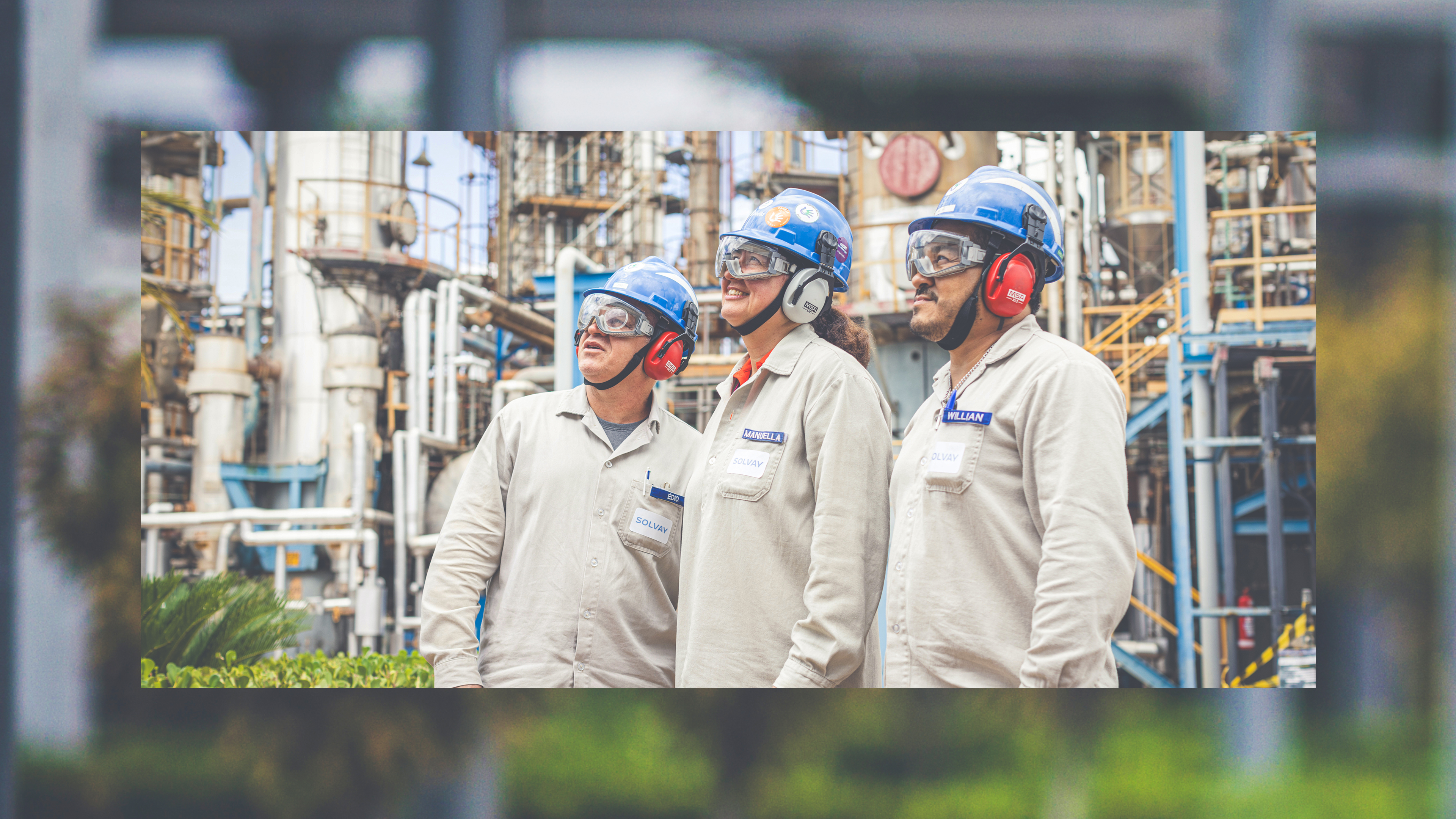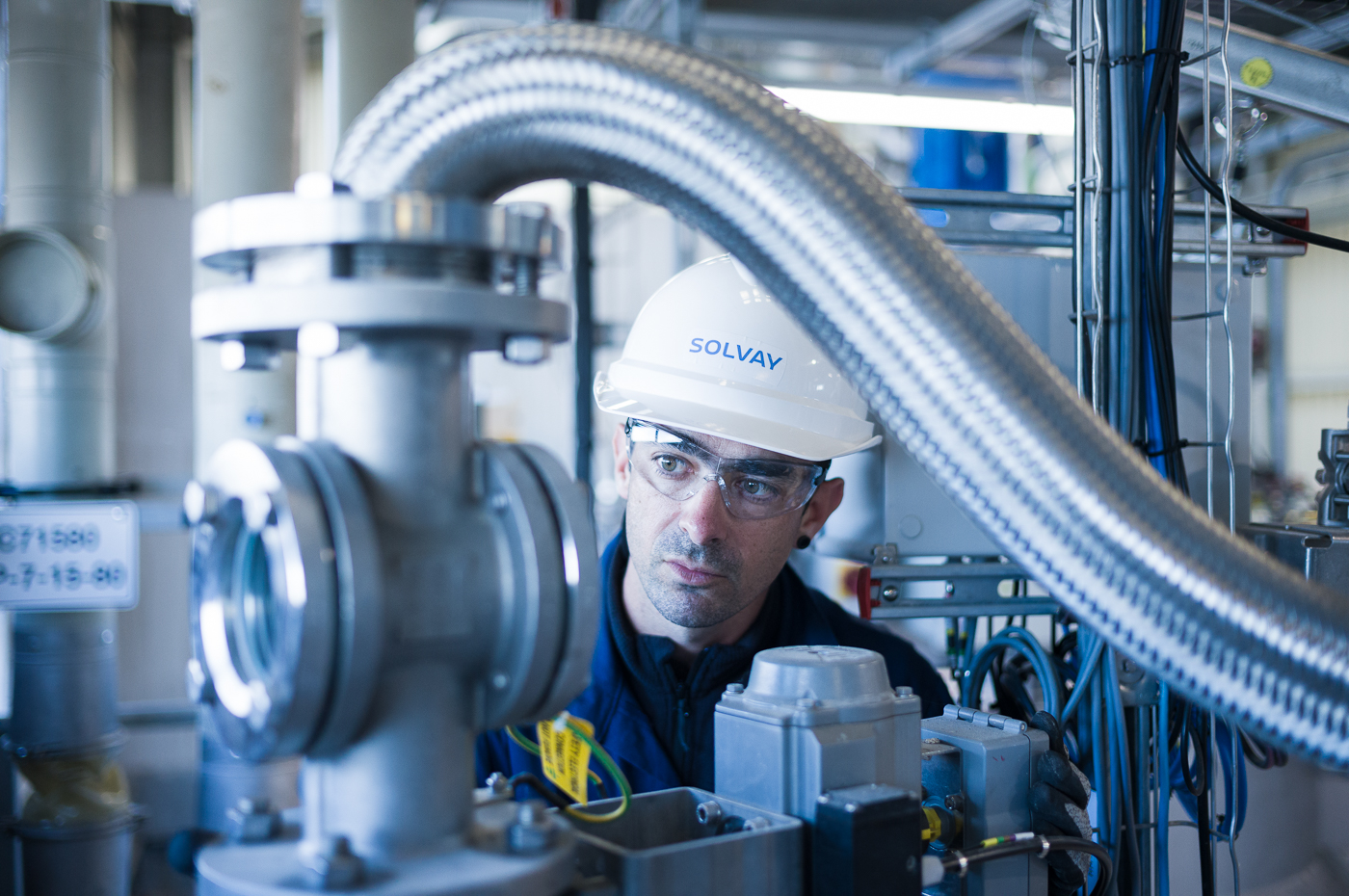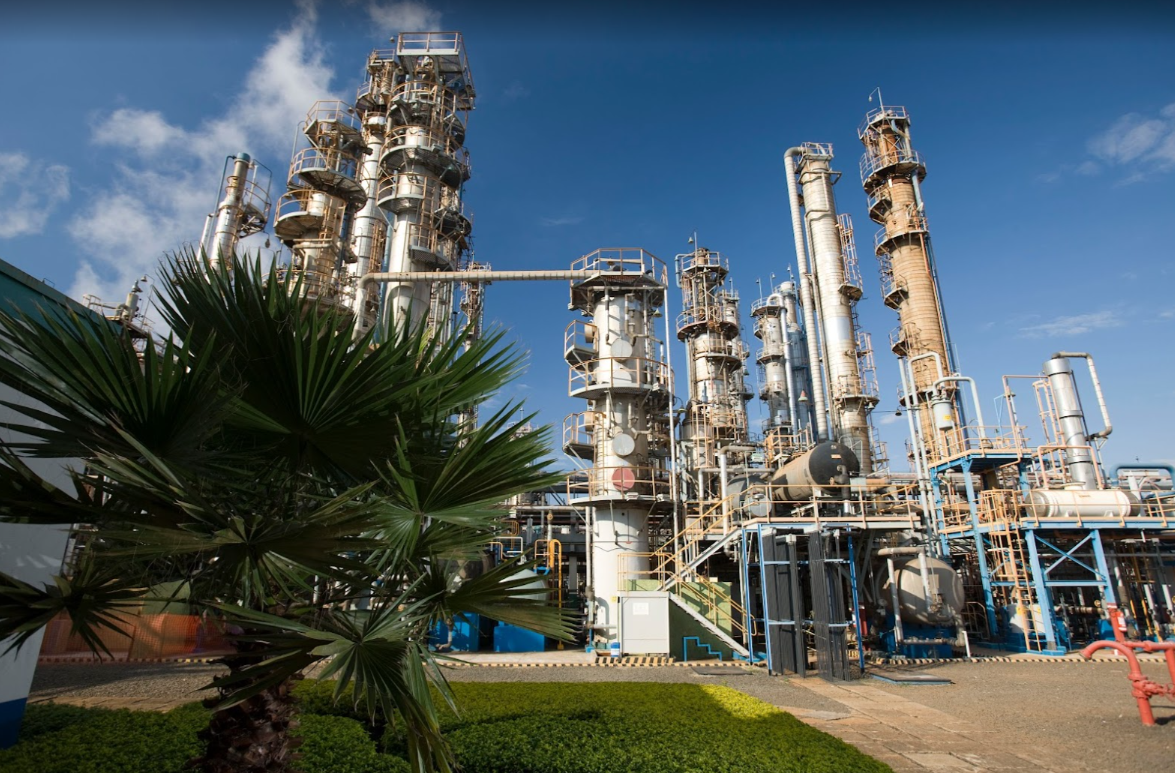We master the elements essential to vitalizing our world
2024 key figures

For Generations

Annual Integrated Report
In 2024, Solvay delivered on its commitment to excellence in both financial and sustainability performance despite a macroeconomic environment marked by geopolitical and economic uncertainties.

Join our team and thrive
We actively seek employees whose personal values resonate with ours, as this alignment is integral to fulfilling our mission. The journey begins with a steadfast commitment to our company’s core values and purpose. We are essential chemistry, making progress possible for generations.
We are essential chemistry, making progress possible for generations.
Solvay, a pioneering chemical company with a legacy rooted in founder Ernest Solvay's pivotal innovations in the soda ash process, is dedicated to delivering essential solutions globally through its workforce of around 9,000 employees. Since 1863, Solvay harnesses the power of chemistry to create innovative, sustainable solutions that answer the world’s most essential needs such as purifying the air we breathe and the water we use, preserving our food supplies, protecting our health and well-being, creating eco-friendly clothing, making the tires of our cars more sustainable and cleaning and protecting our homes. Solvay’s unwavering commitment drives the transition to a carbon-neutral future by 2050, underscoring its dedication to sustainability and a fair and just transition. As a world-leading company with €4.7 billion in underlying net sales in 2024, Solvay is listed on Euronext Brussels and Paris (SOLB).




